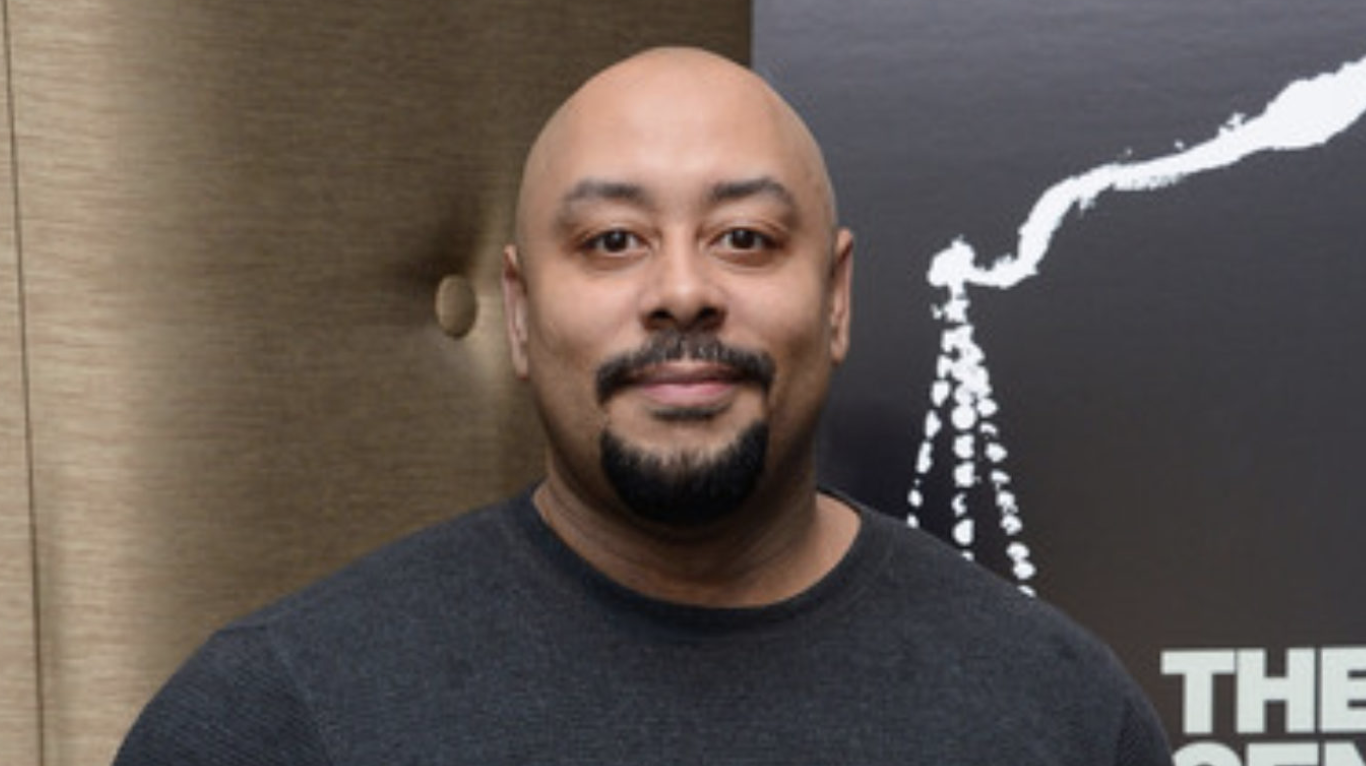In a night filled with laughter and inspiring words, Raymond Santana, a member of the “Exonerated Five,” shared his story with the Oklahoma Christian University community.
The Netflix series “When They See Us,” released last May, portrays the story of five boys wrongfully accused of rape and attempted murder in the Central Park jogger case. Though no evidence linked the five boys to the crime scene, they faced incarceration despite their innocence.
In 2002, Mattias Reyes confessed to committing the crime, exonerating the five. The first to be released, Santana spent a total of seven years in prison before returning home to New York. In addition to creating a clothing line, Santana works as an advocate for justice and prison reform across the United States.
In the seventh year since its inception, History Speaks had over 2,000 guests last night, filling Baugh Auditorium and additional overflow rooms. Assistant Dean of Students Gary Jones hosted the program, engaging Santana in a Q&A discussion.
According to Santana, the media vilified him from the start of his arrest. He said journalists wrote articles about the five all the way up to 2012 alleging their guilt.
“It was bad enough that when I stepped outside, I felt like all eyes were on me because I was the first on release,” Santana said. “I had to constantly walk on eggshells, and because I had certain characteristics from prison, it was hard to function.”
He said during the trial journalists wrote over 400 articles about the five, dissecting the lives of 14, 15 and 16-year-old kids and criminalizing them in the eyes of society. Years after Santana’s release, he found it difficult to acquire a job.
“It was hard for someone to say, ‘Go out there and get a job,’” Santana said. “It sounds easy, but when you’re going to fill out an application, it asks have you ever committed a crime and you got to fill out that box that says yeah. For me, there was no job. Then you go a step beyond that, and somebody says, ‘Yeah, OK, I’m willing to give you a chance. What was your case?’ There was no job.”
During the discussion, Gary Jones shared his own experience in watching “When They See Us” on its release day.
“I couldn’t get away from it,” Jones said. “And to know that what I struggled with was a watered-down version of what life was like really should put life into perspective for some of us who complain about stuff that really ain’t that bad.”
At the end of the day, Santana said his fighter mentality kept him going in prison and beyond. Though he said his faith got tested greatly at 14 years old, he learned it as life went on.
“I questioned God several times [asking], ‘Why does it happen to us? What did we do wrong?’” Santana said. “But after the exoneration, he gave me several blessings back to back to back.”
Santana said people frequently ask him how he remains calm and does not feel bitter feelings toward those involved in his case.
“I had to learn early on you have to channel that energy,” Santana said. “So for me, when I figured out who the people were that were responsible, I channeled that energy. I didn’t blame it on anybody else. I just knew who the people were who did this to us.”
Santana plans to continue his advocacy work through public speaking and working with the Innocence Project.
“Now, in order to get proper revenge, you have to be successful,” Santana said. “Proper revenge for me means to be successful, for you to see me every day waking up, striving, doing something positive in my life, excelling in my life. The blessing is that God puts us on a platform. He gives us our voice back, and he utilizes that voice so now that voice and that platform requires us to be on TV.”












Be First to Comment